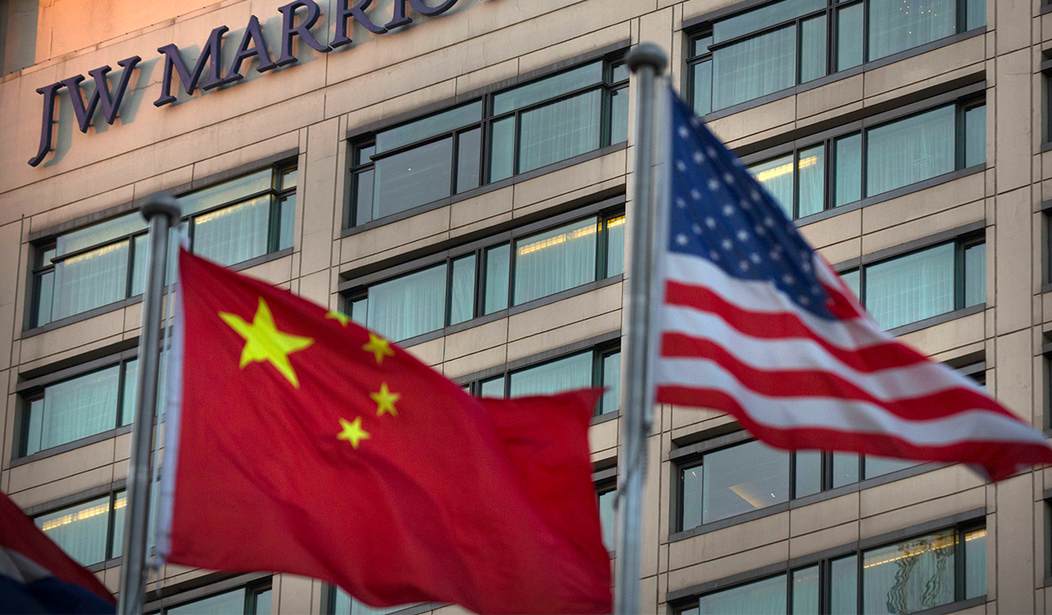In order to stop drug dealers, organized crime, and kleptocrats from laundering criminal proceeds and financing their illegal operations through anonymous American shell companies, the U.S. Government has implemented a new law known as the Corporate Transparency Act. The CTA requires some small and midsize businesses to report their true owners to a confidential database housed at the U.S. Treasury Department.
I have investigated and researched international money laundering for over 30 years. Our inability to ascertain “beneficial ownership” information has been one of the biggest obstacles that law enforcement faces in following illicit money and value trails. Illicit anonymous shell companies span the world, threatening American public safety and national security.
Our nation’s opioid epidemic, for example, is driven in part by such anonymous companies. Consider the case involving a series of pain management clinics in Florida and Tennessee. These unethical clinics gave out medically unnecessary opioid prescriptions totaling $21 million in revenue, and funneled kickbacks through a network of Tennessee-based anonymous companies. Their overprescribing schemes, enabled by these companies, led to the death of at least 700 people in just four years.
Separately, regarding China’s growing role in the fentanyl crisis, the Drug Enforcement Agency has determined that China’s involvement in the Black Market Peso Exchange relies on anonymous companies in the U.S. to export goods to China as payment for drugs. These are just two examples of many.
Fentanyl is similar to morphine but is 50 to 100 times more powerful, and thus more deadly. Fentanyl is often reported as a single drug, but it is often mixed with other drugs such as heroin, cocaine, methamphetamine, and even processed into counterfeit pills under brand names such as Xanax, Percocet, Adderall, and Oxycontin. It takes very little fentanyl to produce a high, making it not only an addictive, cheaper option, but oftentimes, a more deadly drug.
Recommended
In my most recent book China – Specified Unlawful Activities: CCP/Inc., Transnational Crime and Money Laundering, I examine how China has emerged as a leading manufacturer and purveyor of synthetic drugs. According to a report by the BBC, China pays independent sales representatives to sell fentanyl online. In 2022, seventy thousand Americans died from fentanyl overdoses. The ease with which drugs enter the United States and illicit proceeds laundered – often through the assistance of anonymous shell companies should make every American business leader stand up and say “Enough!”
A report by the United Nations Office on Drugs and Crime shows that cultivating, preparing, shipping, and distributing synthetic drugs is faster, more efficient and more profitable[JC1] tthan agricultural drugs. With a nearly invisible supply chain, businesses may inadvertently find themselves entangled in the drug business. The minimal paperwork to be filed by businesses will a go a long way to assist law enforcement follow illegal trails, saving lives, and making sure our economy is not corrupted.
Let’s use $4 trillion as a rough estimate of the annual magnitude of international money laundering. Using recognized estimates put forward by the Washington D.C.-based non-profit Global Financial Integrity and other sources, a solid argument can be made by examining China’s leading role in the top 12 categories of transnational crime, China is responsible for laundering nearly half of the world’s illicit proceeds into the global economy every year.
Criminals in China and privileged elites linked to the CCP have invested untold resources and effort in order to bypass U.S. laws and to endanger the health and safety of our citizens.
There are many other untold instances of organized crime bosses and wealthy individuals alike using the anonymity of U.S. shell companies to layer and launder proceeds of crime.
Small and midsize companies can and should do their small part to make sure business is transacted honestly.
Our country is in the middle of a great debate on how to secure the southern border. However, our financial borders, while invisible to everyday Americans, are just as porous. We must ensure that the Corporate Transparency Act is implemented quickly and effectively. Requiring businesses to document their true owners will go a long way in stemming America’s fentanyl crisis and other dangerous criminal activity.
John Cassara retired after a twenty-six year career in the federal government intelligence and law enforcement communities. He is an expert in anti-money laundering and terrorist financing. He is one of the very few to have been both a clandestine operations officer in the U.S. intelligence community and a Special Agent for the Department of Treasury.

























Join the conversation as a VIP Member